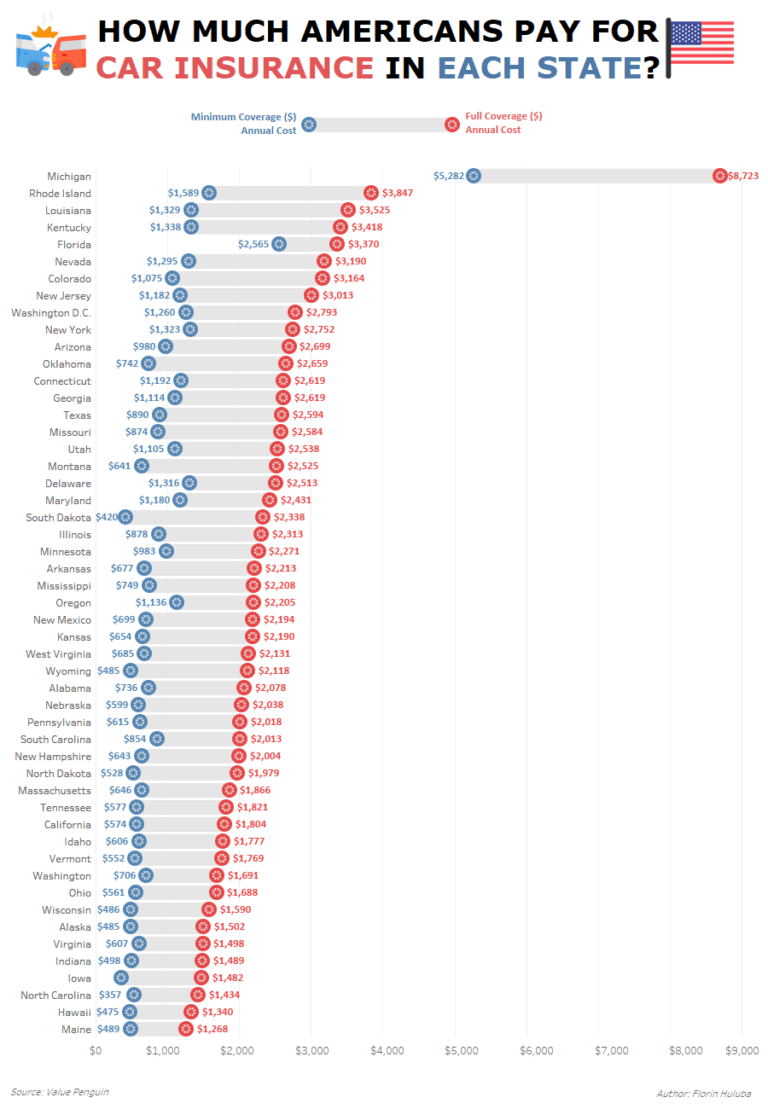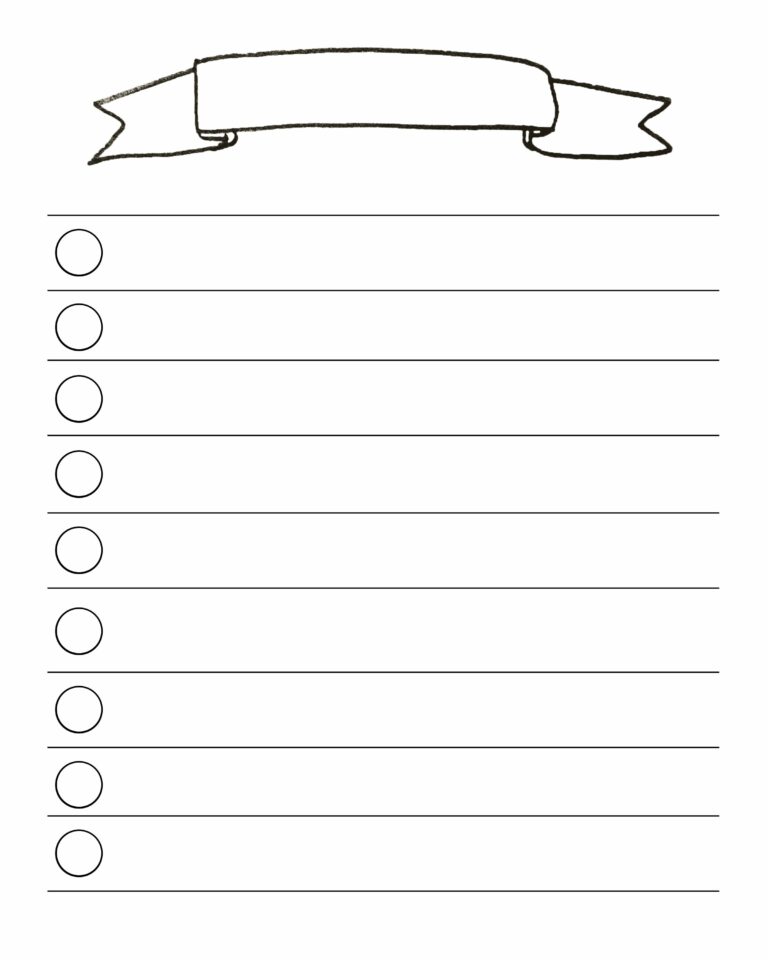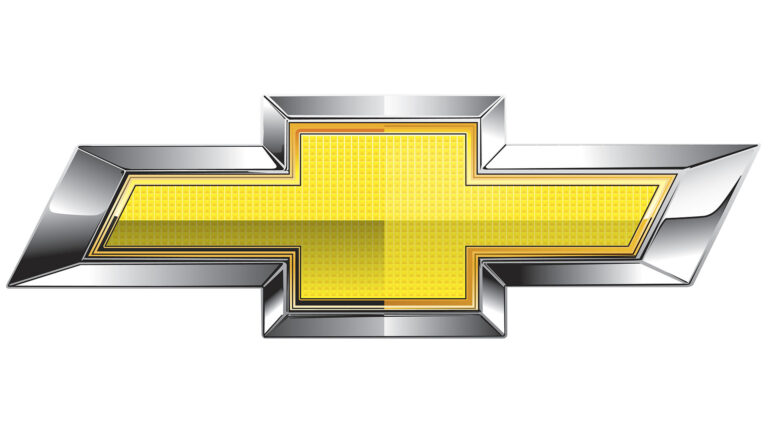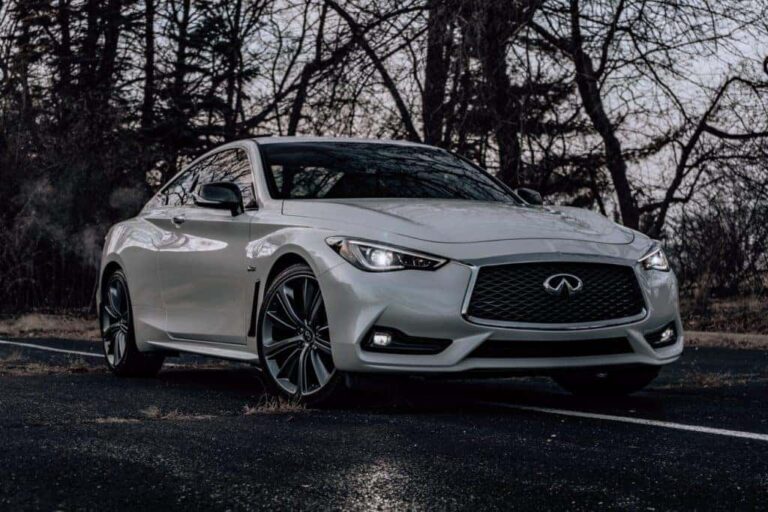Brand Car Dealerships: Your Comprehensive Guide to the Automotive Retail Experience
Brand Car Dealerships: Your Comprehensive Guide to the Automotive Retail Experience cars.truckstrend.com
The journey of acquiring a new or pre-owned vehicle, or even maintaining one, often leads consumers to a familiar institution: the brand car dealership. Far more than just a showroom, these establishments serve as the cornerstone of the automotive retail experience, acting as the crucial link between vehicle manufacturers and the end-user. A brand car dealership is an independently owned business authorized by a specific automotive manufacturer (e.g., Toyota, BMW, Ford) to sell, service, and supply parts for its vehicles within a defined geographical area. Understanding their multifaceted role, the services they offer, and how to navigate the purchasing and ownership process through them is essential for any car buyer or owner.
The Foundation: Understanding the Dealership Model
Brand Car Dealerships: Your Comprehensive Guide to the Automotive Retail Experience
The operational backbone of brand car dealerships is the franchise system. Under this model, vehicle manufacturers grant licenses to independent entrepreneurs to operate dealerships under their brand name. This decentralized approach offers several advantages:
- Localized Presence: Dealerships provide convenient, local points of sale and service, adapting to regional market demands.
- Specialized Expertise: Each dealership focuses exclusively on one or a few brands, fostering deep product knowledge and technical expertise among its staff.
- Inventory Management: They manage local inventory, ensuring a diverse selection of models and trims are available to consumers.
- Customer Relationship Management: Dealerships are responsible for building and maintaining direct relationships with customers, offering personalized sales and after-sales support.
This dual role as both sales points and service centers makes brand dealerships integral to the entire vehicle lifecycle, from initial purchase to long-term maintenance and eventual trade-in.
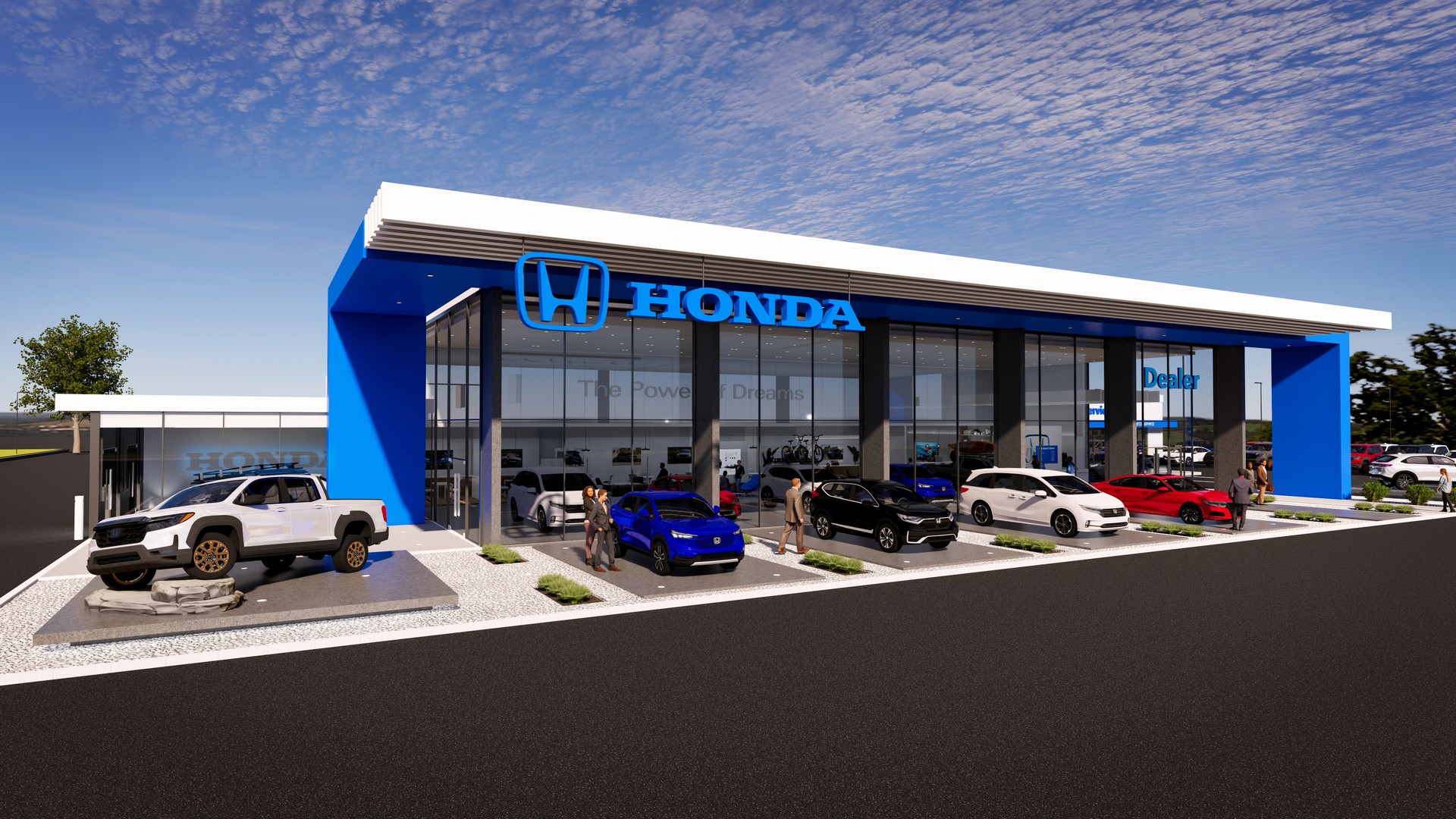
Comprehensive Services Offered by Brand Dealerships
Brand car dealerships are full-service automotive hubs, offering a wide array of services designed to meet every aspect of vehicle ownership:
- New Vehicle Sales: The primary function, offering the latest models directly from the manufacturer, often with customization options and access to current manufacturer incentives and promotions.
- Used Vehicle Sales: Beyond new cars, dealerships also sell a selection of pre-owned vehicles. This often includes Certified Pre-Owned (CPO) programs, which provide late-model, low-mileage used cars that have undergone rigorous multi-point inspections and come with extended warranties backed by the manufacturer.
- Financing & Leasing: Dealerships provide convenient access to various financing options, including loans through their own financial arms (e.g., Ford Credit, Toyota Financial Services) or partnerships with third-party banks and credit unions. They also facilitate vehicle leasing, offering an alternative to traditional ownership.
- Service & Parts Department: A critical component, the service department employs manufacturer-trained technicians who use specialized tools and genuine Original Equipment Manufacturer (OEM) parts. They handle everything from routine maintenance (oil changes, tire rotations) to complex diagnostics, major repairs, and manufacturer recalls, ensuring vehicles adhere to factory specifications.
- Trade-ins: Dealerships offer a convenient way for customers to sell their current vehicle when purchasing a new one, streamlining the transaction process.
- Accessories: They provide genuine brand-specific accessories, allowing owners to personalize or enhance their vehicles while maintaining quality and warranty coverage.
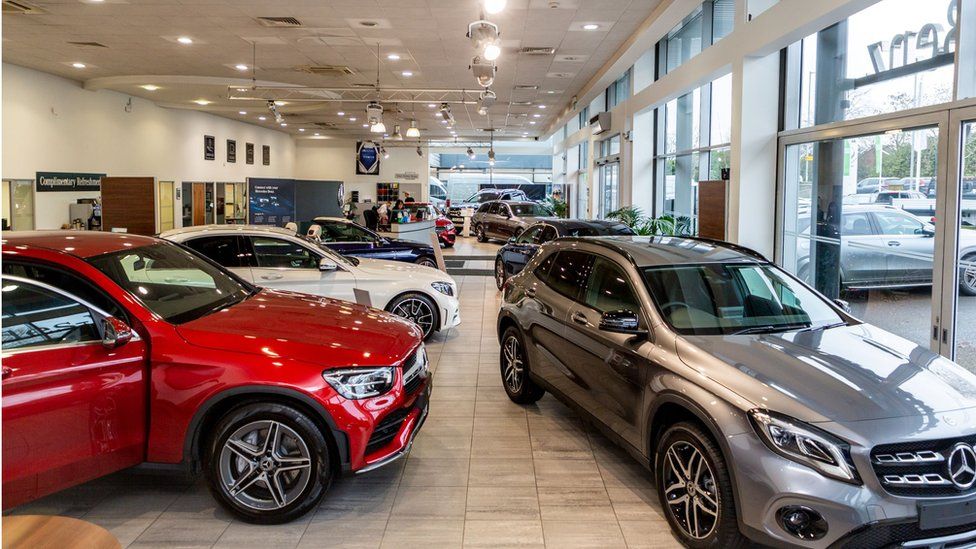
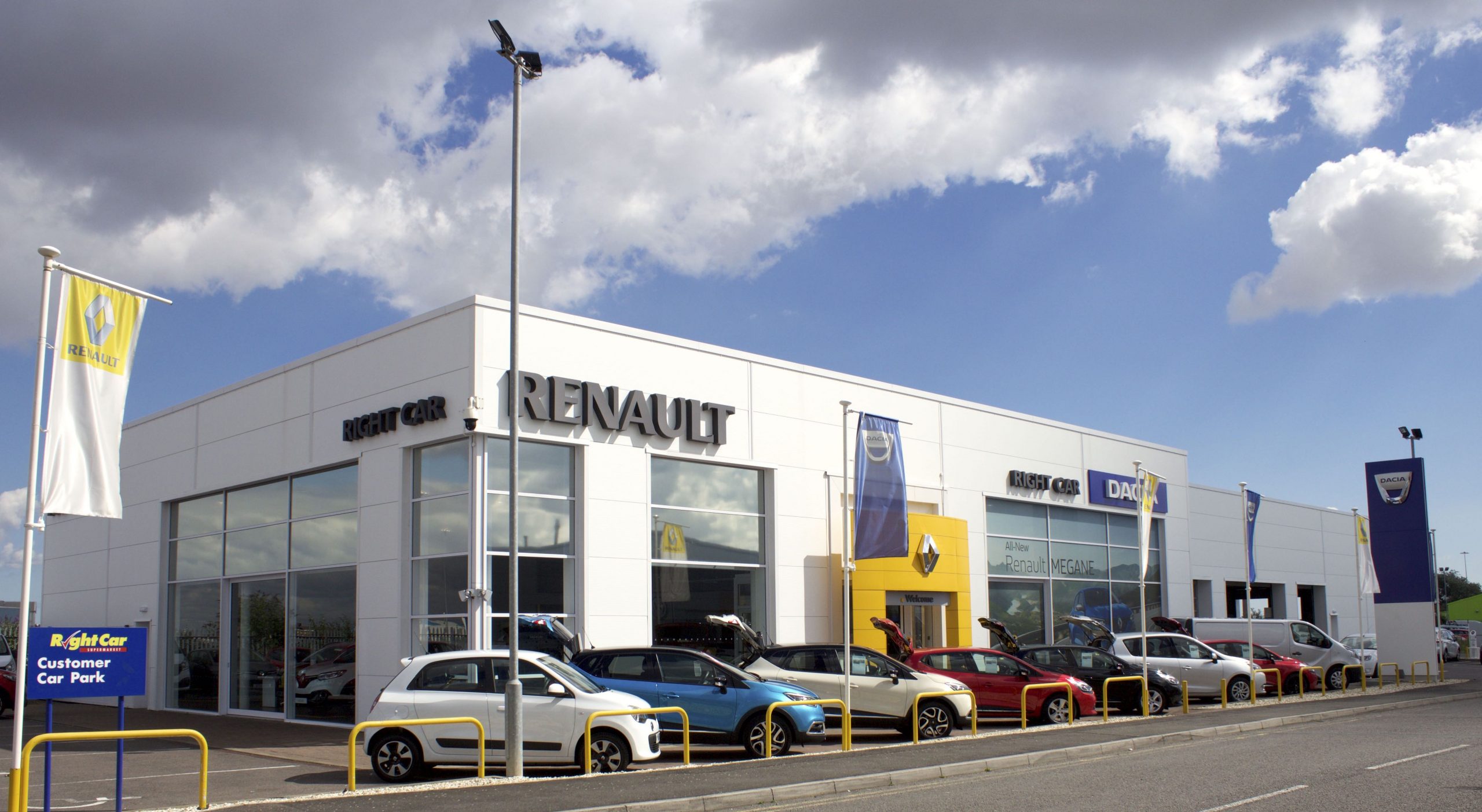
Key Advantages of Choosing a Brand Dealership
While alternative purchasing channels exist, brand dealerships offer distinct benefits that often make them the preferred choice for many consumers:
- Unparalleled Expertise & Training: Sales and service staff receive specific training directly from the manufacturer, ensuring they possess in-depth knowledge of the brand’s vehicles, technologies, and features.
- Genuine Parts & Equipment: Using genuine OEM parts guarantees compatibility, quality, and often comes with a manufacturer’s warranty, preserving the vehicle’s integrity and performance.
- Comprehensive Warranty Support: Dealerships are authorized to perform warranty repairs and handle manufacturer recalls, providing peace of mind and direct access to factory support.
- Certified Pre-Owned (CPO) Programs: For used car buyers, CPO programs offer a higher level of assurance than private sales or independent used car lots, with multi-point inspections and manufacturer-backed warranties.
- Access to Latest Technology & Inventory: Dealerships are often the first to receive new models, trims, and technological updates, offering a wide selection and the opportunity to experience the latest innovations.
- After-Sales Support: Building a relationship with a brand dealership can provide ongoing support for service, future upgrades, and trade-ins, fostering a seamless ownership experience.
Navigating the Car Buying Process at a Dealership (Practical Guide)
A successful car purchase at a brand dealership involves several key steps:
- Pre-Visit Research: Before stepping foot in a dealership, extensively research the specific vehicle model you’re interested in, including trim levels, features, and realistic pricing. Check online reviews for both the car and the specific dealership to gauge their reputation for customer service and transparency.
- Test Drive & Evaluation: Once at the dealership, take a thorough test drive. Pay attention to comfort, performance, technology features, and how the car handles. Don’t hesitate to ask questions about features or specific functionalities.
- Negotiation: This is where preparation pays off. Be firm but polite. Negotiate the vehicle’s "out-the-door" price (total cost including all fees and taxes), rather than just the monthly payment. Be ready to discuss your trade-in value separately.
- Financing & Paperwork: Understand your financing options (APR, loan term, total interest paid) whether you finance through the dealership or an external lender. Carefully review all paperwork, including the purchase agreement, financing contracts, and any add-ons, before signing.
- Delivery & Orientation: During delivery, ensure the car matches your order exactly. Allow the sales associate to walk you through the vehicle’s features, especially technology like infotainment systems and safety features.
Important Considerations and Potential Challenges
While brand dealerships offer many advantages, being aware of potential challenges can help you navigate the process more effectively:
- Pricing Transparency: The Manufacturer’s Suggested Retail Price (MSRP) is a guide. Be aware of additional dealer markups, mandatory add-ons, and various fees that can inflate the final price. Always ask for an itemized breakdown.
- High-Pressure Sales Tactics: Some dealerships may employ high-pressure sales tactics. Be prepared to stand your ground, stick to your budget, and don’t hesitate to walk away if you feel uncomfortable or rushed.
- Add-ons and Extras: Be critical of additional products like extended warranties, paint protection, rustproofing, or GAP insurance. While some may be valuable, others might be unnecessary or overpriced. Research their value independently.
- Service Department Costs: While quality and expertise are high, service costs at brand dealerships can sometimes be higher than independent mechanics. Compare quotes for non-warranty work if you choose to service elsewhere after your warranty expires.
- Inventory Limitations: While dealerships typically have a good selection, specific trims, colors, or highly sought-after models might require ordering or a wait.
Practical Advice for a Successful Dealership Experience
To ensure a positive and successful experience at a brand car dealership, consider these actionable insights:
- Do Your Homework: Research the specific car, its market value, and the dealership’s reputation thoroughly before your visit.
- Secure Pre-Approval for Financing: Obtain a loan pre-approval from your bank or credit union before visiting the dealership. This gives you a benchmark for interest rates and empowers you in negotiations.
- Be Prepared to Walk Away: This is your strongest negotiation tool. If you’re not getting the deal you want, or feel pressured, be ready to leave.
- Negotiate the "Out-the-Door" Price: Focus on the total price you will pay, including all taxes and fees, rather than just the monthly payment.
- Read Everything Carefully: Scrutinize every document before signing. Ask questions about anything you don’t understand.
- Don’t Rush: Take your time, ask all your questions, and ensure you’re comfortable with every aspect of the deal.
Table: Common Costs and Services at Brand Car Dealerships
Understanding the typical financial aspects and services offered by brand car dealerships can help you budget and make informed decisions. This table outlines common costs and services you might encounter.
| Category | Item/Service | Description | Typical Cost/Approach |
|---|---|---|---|
| Vehicle Purchase | New Vehicle MSRP | Manufacturer’s Suggested Retail Price (base price + options). | Varies widely by model/brand ($20,000 – $200,000+) |
| Invoice Price | What the dealer paid the manufacturer (a common negotiation benchmark). | Slightly below MSRP (often 3-7% less) | |
| Sales Price | The negotiated price you pay for the vehicle itself. | Varies based on negotiation, demand, incentives | |
| Certified Pre-Owned (CPO) | Used vehicles meeting strict criteria, often with extended warranties. | Generally 10-20% higher than non-CPO used cars | |
| Fees & Charges | Documentation Fee (Doc Fee) | Covers administrative costs for preparing sales paperwork. | $100 – $800 (state-regulated, varies widely) |
| Destination Fee | Cost of shipping the vehicle from the factory to the dealership. | $900 – $1,700 (non-negotiable, set by manufacturer) | |
| Prep/Dealer Prep Fee | For cleaning, inspecting, and preparing the car for delivery. | Often included in MSRP/Destination, sometimes extra | |
| Registration & Title Fees | Cost to register the vehicle and transfer title with the state DMV. | Varies by state ($50 – $500+) | |
| Sales Tax | State and local taxes on the vehicle purchase. | Varies by state (0% – 10% of sale price) | |
| Financing & Leasing | Annual Percentage Rate (APR) | The annual cost of borrowing money for a loan. | Varies by credit score, term, market rates (0% – 15%+) |
| Loan Origination Fee | Fee charged by the lender for processing the loan. | Often included in APR, or a flat fee ($0 – $500) | |
| Lease Acquisition Fee | Fee for setting up a lease agreement. | $300 – $900 | |
| Lease Disposition Fee | Fee for returning the leased vehicle at lease end. | $300 – $600 | |
| Service & Parts | Standard Oil Change | Routine maintenance. | $60 – $120+ (depending on oil type, vehicle) |
| Diagnostic Fee | Charge for diagnosing a vehicle problem. | $120 – $250+ (often waived if repair is done there) | |
| Labor Rate | Hourly rate for technician work. | $120 – $250+ per hour | |
| OEM Parts | Genuine manufacturer-specific parts. | Generally higher than aftermarket, but guaranteed fit | |
| Optional Add-ons | Extended Warranty | Extends coverage beyond the factory warranty. | $1,500 – $4,000+ (depends on term, coverage, vehicle) |
| GAP Insurance | Covers the "gap" between what you owe on a loan/lease and the car’s actual cash value if totaled. | $300 – $800 (often cheaper through insurer/bank) | |
| Paint/Fabric Protection | Applied coatings for exterior and interior protection. | $300 – $1,000+ (often high-profit for dealer) |
Frequently Asked Questions (FAQ)
Q: Is negotiation possible on new cars at brand dealerships?
A: Absolutely. While some popular or limited-production models might sell at or above MSRP, most new vehicles have room for negotiation, especially when demand is not at its peak. Research the invoice price and market conditions before negotiating.
Q: What’s the difference between a Certified Pre-Owned (CPO) and a regular used car?
A: CPO vehicles are late-model, low-mileage used cars that have undergone a rigorous multi-point inspection by the manufacturer’s certified technicians. They come with an extended manufacturer-backed warranty, roadside assistance, and often other benefits, offering more peace of mind than a standard used car.
Q: Should I get financing from the dealership or my bank?
A: It’s always best to get pre-approved for a loan from your own bank or credit union before visiting the dealership. This gives you a competitive offer to compare against the dealership’s financing options. Dealerships often have competitive rates, but having your own offer provides leverage.
Q: Are extended warranties worth it?
A: It depends on your risk tolerance and the vehicle’s reliability history. For vehicles with a reputation for costly repairs or if you plan to keep the car long-term, an extended warranty might offer peace of mind. However, calculate the cost versus potential repair savings, and understand what is truly covered.
Q: How often should I service my car at the dealership?
A: For warranty work and recalls, you must use a brand dealership. For routine maintenance, you have options. While dealerships often have specialized equipment and brand-trained technicians, independent shops can also perform routine service. Many owners prefer dealership service during the warranty period to maintain a complete service history for warranty purposes.
Q: Can I trade in a car that isn’t the same brand as the dealership I’m buying from?
A: Yes, brand car dealerships will accept trade-ins of any make or model. They will appraise your vehicle based on its condition, mileage, and market value, then offer you a credit towards your new purchase.
Conclusion
Brand car dealerships play an indispensable role in the automotive landscape, serving as comprehensive hubs for vehicle sales, financing, and service. They offer a unique blend of manufacturer expertise, genuine parts, and dedicated after-sales support that is hard to replicate elsewhere. By understanding the dealership model, leveraging the services they provide, and approaching the buying process with preparation and confidence, consumers can navigate the automotive retail experience successfully. With informed decisions and clear communication, brand car dealerships can be valuable partners in your journey of vehicle ownership, ensuring a smooth and satisfying experience from purchase to maintenance and beyond.

